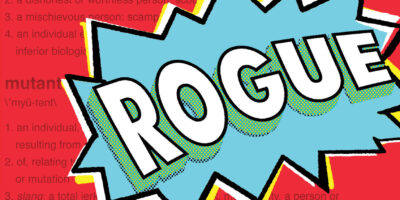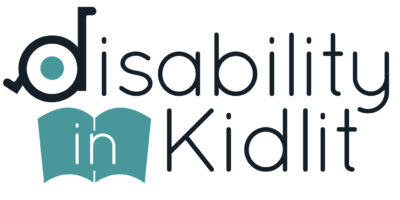-
Filter blog posts
Honor Roll titles
All About Logistics
I’ve talked a lot about the ways my disability has affected my body image, my sexuality, my confidence, and my social interactions, and all of those things are important to consider when writing a disabled character. Today, however, I want to focus on the ways my disability affects the logistics of my life.
But Sometimes, It Does Suck
On Bullying
Define Me … If You Dare!
The Real Narcolepsy
What You See … And What You Don’t See
The Trope of Faking It
Growing Up Deaf in the Public School System
It wasn’t until I was an adult that I could finally understand that from the time of my diagnosis, my education was not going to be “complete,” because I did not have the full access I needed. It was as if intensive speech therapy and itinerant teachers were more important than having a sign language interpreter in my classes.
Separating Writer from Character
When I received my diagnosis of Asperger’s syndrome seven years ago, I thought of all the young people today who face the social challenges and bullying that I faced decades earlier. I wanted to create a character like me, but one who fights back against the way others treat her in a way that I never did.
Lost in Translation
Thanks for the Help, I Guess, But I’m Not Helpless!
Welcome Back!
It’s September, which means we’re back! While the August break was lovely (and so very refreshing), we could not be more thrilled to begin having regular content again. We’ll be posting weekly instead of daily, with new posts going up every Friday. As you’ve probably guessed, the first post will be up this Friday, September 6! … Read More
















